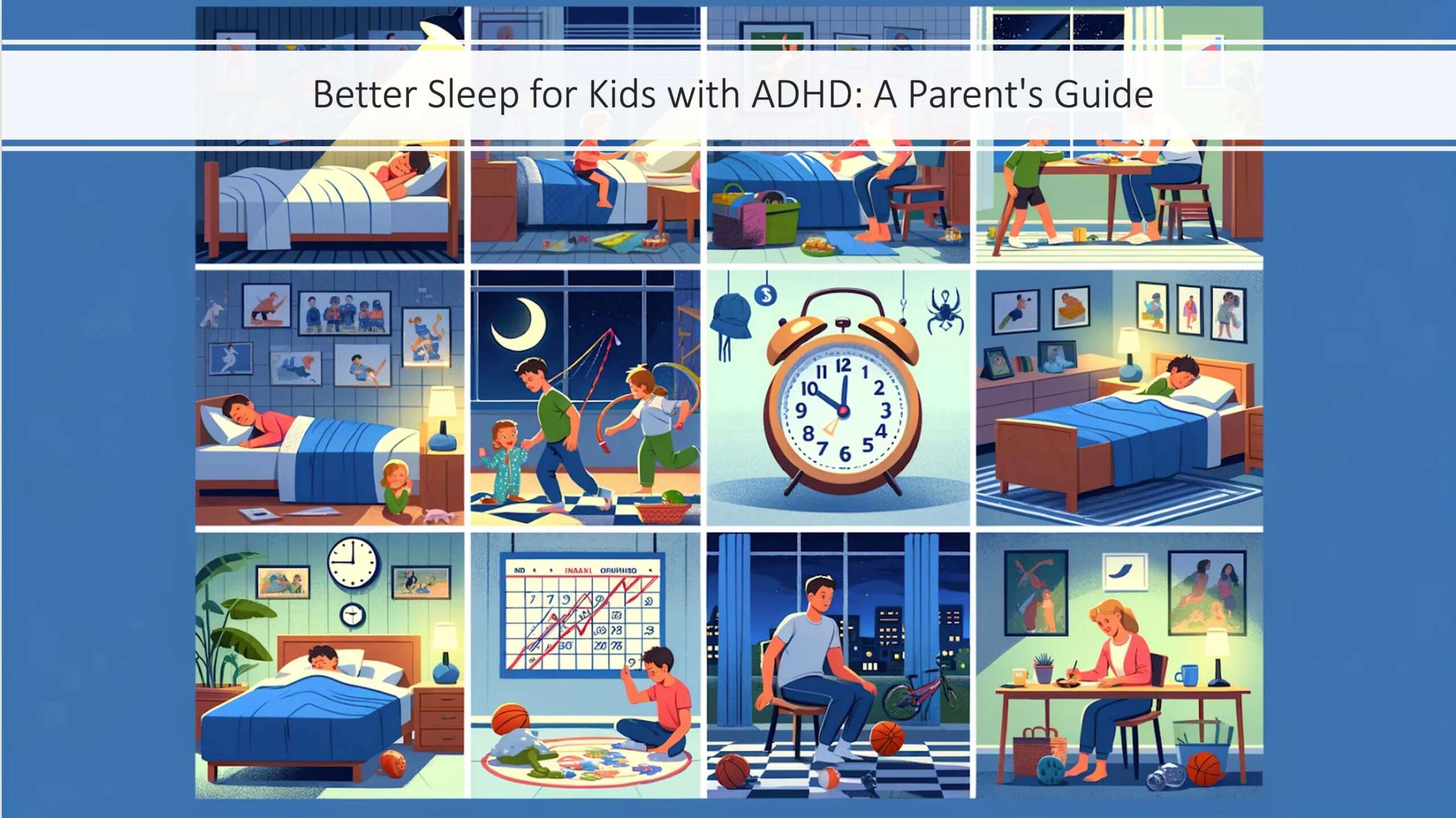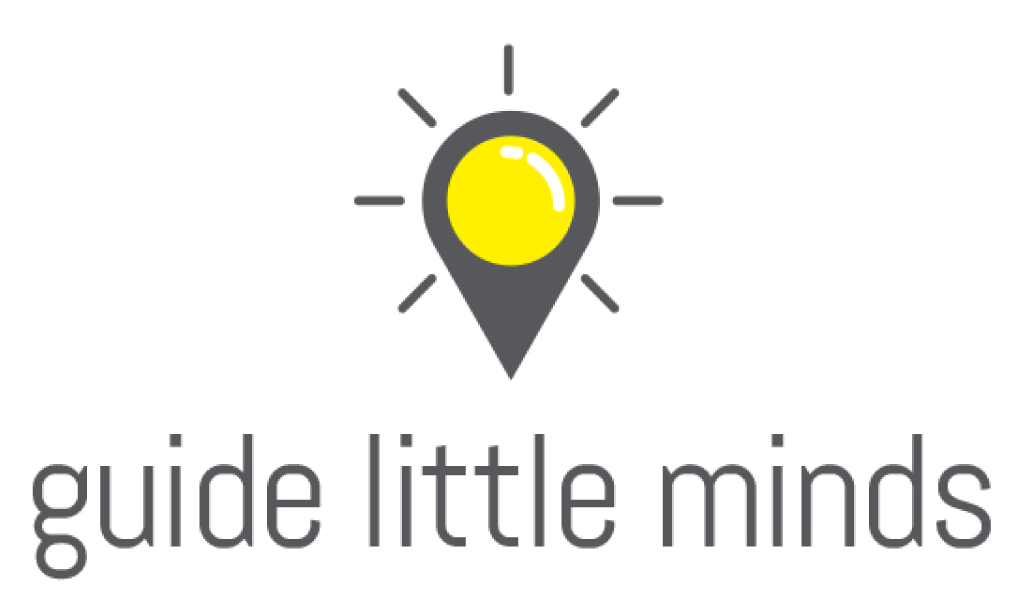Navigating Sleep Challenges in Children with ADHD: A Comprehensive Guide by Dr. John Flett
Welcome to an insightful discussion on a topic that frequently surfaces in my paediatric practice – sleep challenges in children with ADHD. I’m Dr. John Flett, and I aim to address common queries and concerns that many parents face, whether their child has ADHD or not.
Sleep issues can be exasperating for families, affecting not just the child but also the family’s overall well-being. Parents often wonder why their child won’t sleep and what can be done about it. Questions about medication use, whether it’s causing sleep problems, or if it could be a solution, are also prevalent.
In addressing these concerns, I have adopted a logical approach to understand, strategise, and find solutions to these sleep-related difficulties, recognizing that each child’s situation is unique. My goal is to provide an insight that helps solve your child’s specific sleep problems.
I have created a guide to offer an overview of why sleep problems occur and how we can break them down into different areas to address. The guide starts with understanding that good sleep begins with a proper morning routine and identifying the problems. It covers the following major aspects:
1. Children with ADHD and Restlessness:
Children with ADHD, whether they are hyperactive or the inattentive, dreamy types, often have a tremendous amount of energy that needs to be dissipated. They can be restless and have busy minds, impacting their ability to settle down and sleep.
2. Social Jetlag:
I introduce the concept of social jetlag, explaining how irregular sleep patterns during the week and weekends, and different bedtimes, can significantly affect a child’s sleep.
3. Medication and Its Effects:
There is often a tendency to blame medications for sleep issues. In some cases, I even prescribe a dose of Ritalin before sleep to help switch off the child’s mind. However, medication can certainly be a factor in sleep difficulties.
4. Anxiety and Overstimulation:
Children with ADHD often experience anxiety and overstimulation, which can escalate around bedtime. They might get hyped up, especially in social situations with other children.
5. Associated Problems with ADHD:
ADHD can be accompanied by other issues like allergies, bedwetting, and sensory sensitivities. All these factors need to be considered and addressed professionally.
6. Parental Influence:
Children often emulate their parents’ habits. If parents have poor sleep hygiene or are excessively using devices, it influences the child’s sleep patterns.
7. Dietary Factors:
What children eat, especially high-energy drinks with sugar or caffeine, can impact their sleep.
8. Parents’ Behaviour and Screen Time:
Parents’ own screen time and behaviour significantly influence their child’s sleep patterns.
9. Adjusting Medication:
The timing and type of ADHD medication are crucial. I emphasise discussing these aspects with your doctor, especially during follow-up consultations.
The guide delves into practical strategies to help children transition from an awake state to peaceful sleep. It highlights the importance of physical exercise during the day, calming bedtime routines like reading and stretching, and maintaining a consistent sleep schedule, even on weekends.
Addressing the child’s bedroom environment is crucial – a quiet, dark, and cool room can significantly improve sleep quality. Blackout curtains, comfortable bedding, and minimising noise are essential.
I also discuss medication options, including melatonin and the cautious use of sedatives, emphasising a holistic approach over solely relying on medication.
In conclusion, managing sleep in children with ADHD is about more than medication. It involves lifestyle changes, routines, and setting an example as parents. I hope this video provides valuable insights and practical strategies to improve your child’s sleep and, consequently, their overall well-being.
Thank you for watching, and remember, a holistic understanding of ADHD and tailored strategies are key to addressing these challenges.




